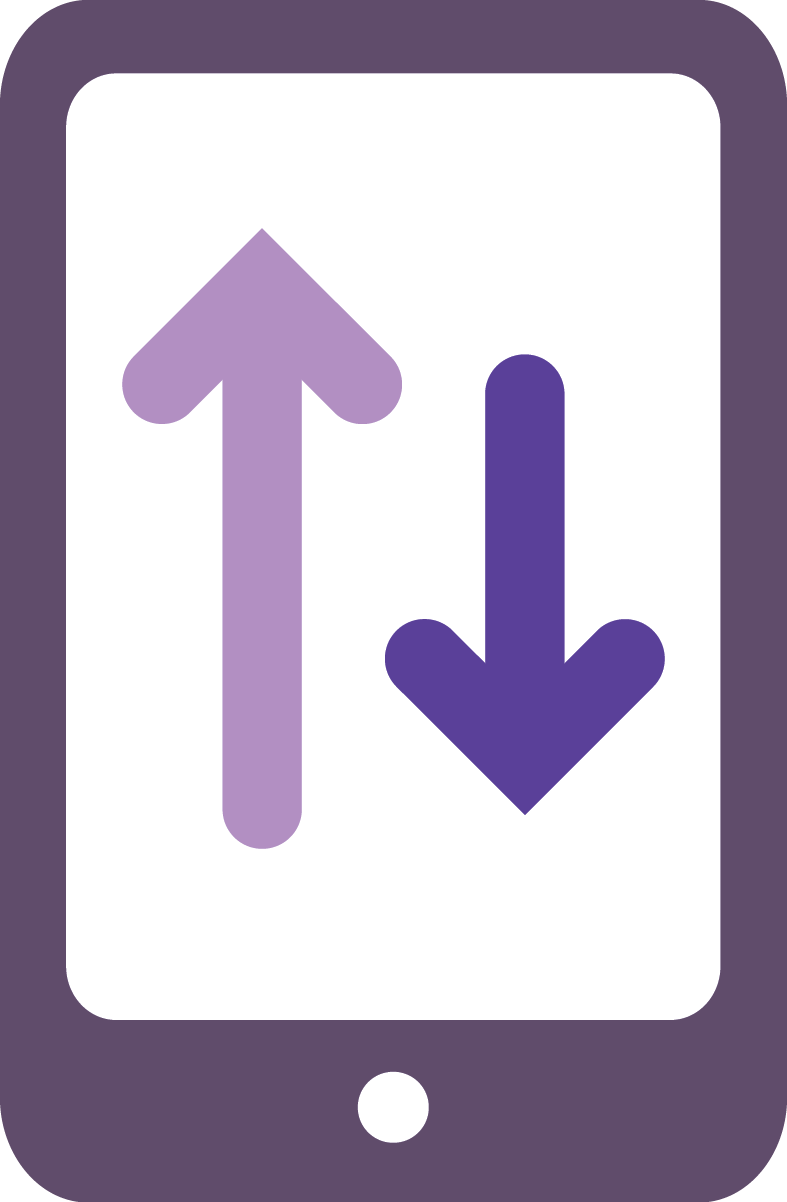21 August 2018
In July 2018, HMRC issued VAT Notice 700/22: Making Tax Digital (MTD) for VAT. This notice provides guidance on the requirements for VAT registered businesses with taxable turnover above the VAT registration threshold (currently £85,000), to keep records in digital form and file their VAT Returns using software.
HMRC have indicated that they will not be corresponding with affected VAT registered businesses to outline the changes being brought about by Making Tax Digital for VAT. Instead they are relying on advisers to liaise with their clients to help them plan for the upcoming legislative changes.
In this article we are looking at some of the key questions relating to MTD for VAT.
Who will be affected?
MTD for VAT is the first step in the wider Making Tax Digital programme that will impact every business and many individuals over the next few years. MTD for VAT will require digital submissions of VAT returns using software for VAT registered businesses with taxable turnover above the VAT registration threshold (currently £85,000).
Why are changes being made?
HMRC’s ambition is to become one of the most digitally advanced tax administrations in the world and MTD is making fundamental changes to the way the tax system works. Their goal is to transform tax administration to make it more effective, more efficient and easier for taxpayers to get their tax right.
What are the key changes in the approach to completing VAT returns?
Businesses will be required to keep digital records and send the returns to HMRC using MTD compatible software. This takes effect for VAT accounting periods that start on or after 1 April 2019. It also applies to businesses that operate the Flat Rate Scheme for VAT.
This change in approach is being facilitated by commercial software providers being provided with HMRC’s Application Programming Interfaces (APIs) to develop a range of applications that will enable businesses to keep their records digitally and integrate with HMRC systems. An API is software that that links 2 or more software programmes together to allow them to exchange data.
What is not changing?
The deadlines for sending VAT returns and making payments are not changing, including for monthly, quarterly and annual VAT return schemes
HMRC will not be offering their own software product(s) to allow businesses to submit their VAT returns, instead they are placing reliance on products (existing or new) made available by software providers.
Are there any exemptions from MTD for VAT?
There are a small number of exemptions where businesses will not have to follow the MTD rules where HMRC is satisfied that:
- Your business is run entirely by practicing members of a religious society whose beliefs are incompatible with the requirements of the regulations (for example, religious beliefs that prevent them from using computers)
- It is not reasonably practicable for you to use digital tools to keep your business records or submit your returns, for reasons of age, disability, remoteness of location or for any other reason
- You are subject to an insolvency procedure
These exemptions may apply even if you are not currently exempt from online filing for VAT.
Should you wish to discuss how MTD for VAT may impact your business, or how to prepare for it, please do not hesitate to contact me or your local UHY adviser.


